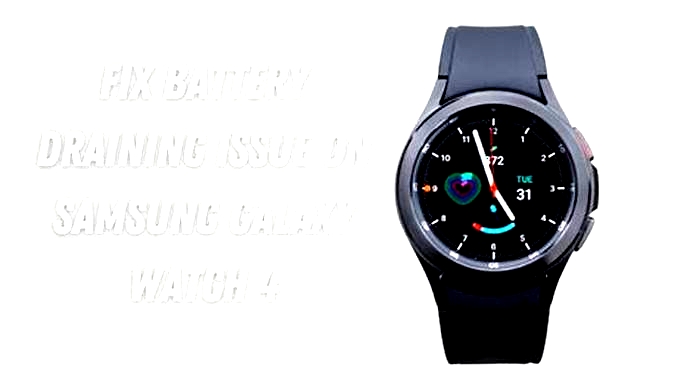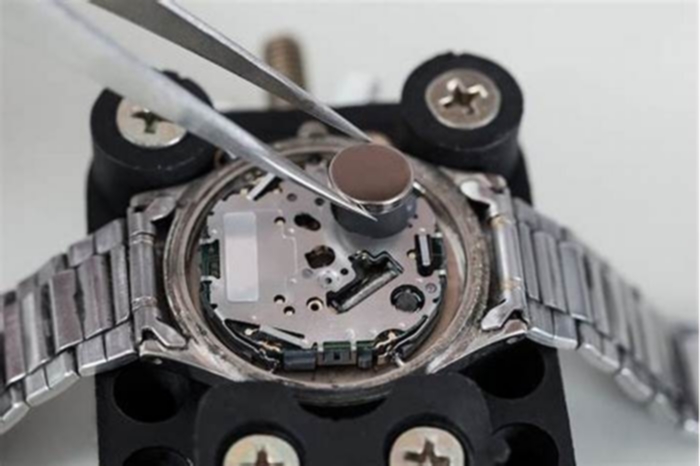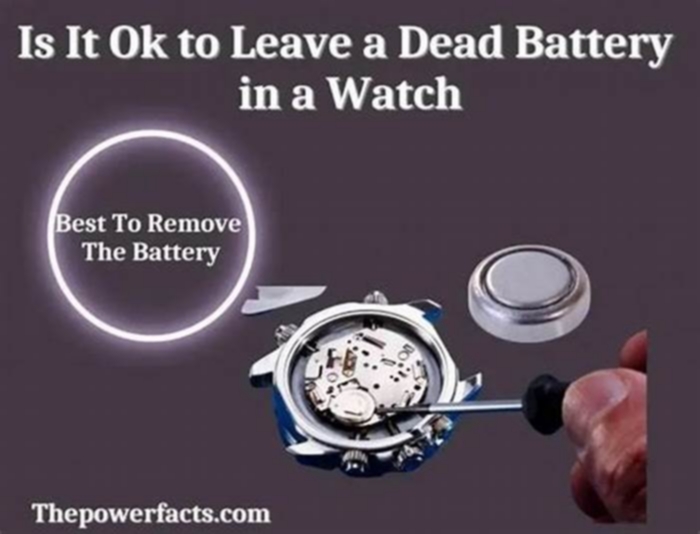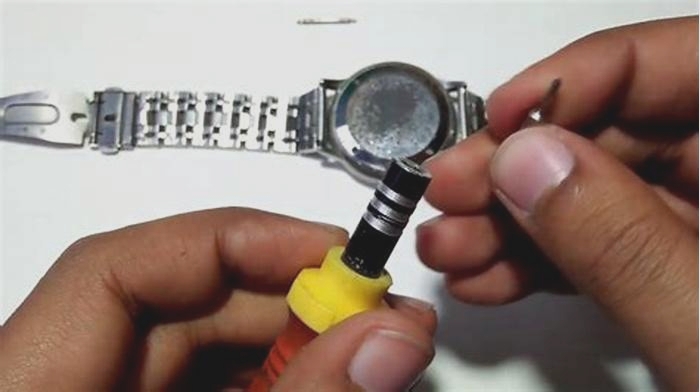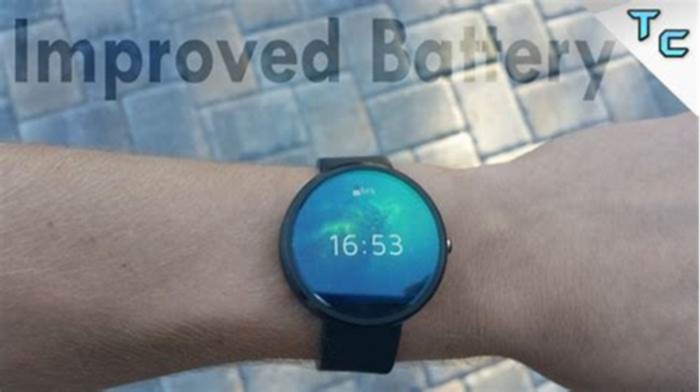Can a watch battery last 20 years
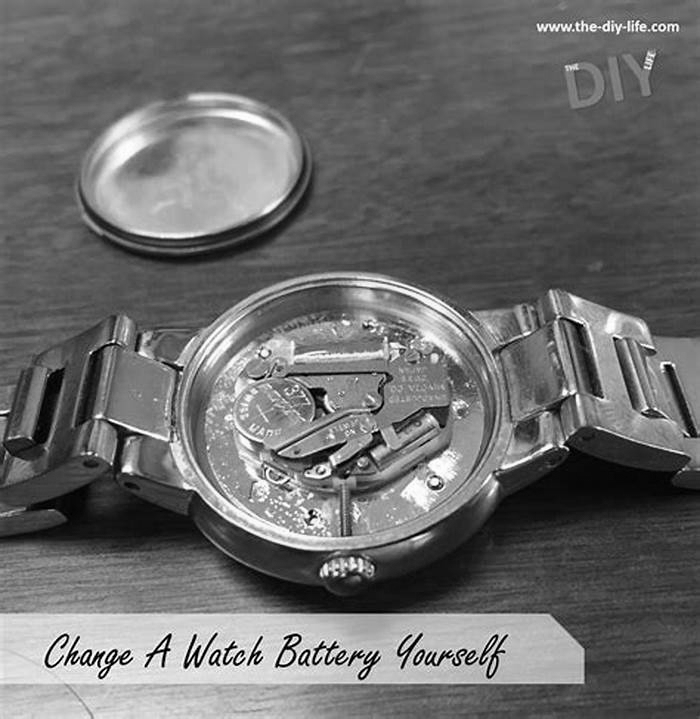
This tiny radioactive battery can last 50 years without recharging and it's coming in 2025
Chinese scientists have built a nuclear battery that can produce power for up to 50 years without being recharged. The technology, which contains a radioactive isotope, or version of nickel, as its power source, will be the first of its kind available for general purchase, Betavolt representatives said on Jan. 8 in a translated statement.
The new battery, dubbed "BV100", is smaller than a coin, measuring 0.6 x 0.6 x 0.2 inches (15 x 15 x 5 millimeters), and generates 100 microwatts of power. If approved for use in devices like smartphones, future generations of the battery would ultimately remove the need to ever charge them, company representatives said.
But Juan Claudio Nino, a materials scientist at the University of Florida, is skeptical. Its size means it contains relatively little radioisotope and it produces just 0.01% of the electricity required. "Certainly it's within the range for a pacemaker or perhaps a passive wireless sensor. But in its current form, it just doesn't have enough power to run a cell phone," he said.
Nuclear batteries are a well-established technology, Nino told Live Science. First developed in the early 1950s, these devices harness the energy released when radioactive isotopes decay into other elements. As long as the radioactive element is decaying, the battery will continue generating power. It means nuclear batteries typically have decades-long lifespans and are commonly used to power spacecraft or automated scientific stations where equipment can be left unattended for years at a time. They're also used in pacemakers.
Related: New battery tech will slash charging times and boost EV range before the decade is out
Betavolts battery uses nickel-63 as the radioactive source, which Nino explained decays into copper through a beta pathway. "In simple terms, you have a neutron (a neutral subatomic particle) that transforms into a proton (a positive subatomic particle) by emitting an electron. If you can do something with that electron, it's a source of electricity," he said.
The BV100 uses a semiconductor layer to capture these electrons and conduct them through the battery in an organized fashion. "A semiconductor is in-between a conductor like a metal and an insulator like rubber. The electrons can only move if they have enough energy so we can control them as they are moved," Nino said.
Get the worlds most fascinating discoveries delivered straight to your inbox.
Betavolt's battery sandwiches the radioactive nickel between two ultrathin plates of diamond, a particularly efficient semiconducting material, converting the electrons released by radioactive decay into a usable electric current.
These radioisotopes pose little danger if they're used in space, for example, but need shielding with materials that can absorb harmful radiation if used in devices like pacemakers or in future smartphones to be considered safe.
"The shielding here is critical because you don't want something radioactive damaging the body," Nino said. Radiation protection, often made of materials such as lead or tungsten, is usually integrated into the battery design, but Nino cautioned it's important to match the type and amount of shielding with the radioactive element used. If you need more power, meanwhile, you simply add a higher concentration of the radioactive source, but then you need additional protection. That can become impractical, said Nino, if more and more of the device is occupied by shielding.
However, despite the need for weighty shielding, nuclear batteries do boast a much higher energy density than conventional lithium-ion batteries ten times as much according to Betavolt.
The challenge of how to access the maximum power from a single battery is still an area of research and Betavolt plans to launch a 1 watt battery in 2025 which is much closer to the 2 6 W required by a standard cell phone. In the meantime, the company suggested combining its batteries in parallel to increase the power directed to a device.
The company also plans to research the use of different nuclear isotopes in future versions of its nuclear battery, including strontium-90, promethium-147 and deuterium, which can last between two and 30 years in a device.
How many years will the Hybrid battery last?
Like you, I usually keep my cars for a long time, 10 plus years. I also get all the routine servicing done and keep the vehicles up mechanically. I plan on doing the same with my 2022 hybrid. I figure if the warranty on the battery is 10 years, then it will last at least that. People seem fixated on the cost of battery replacement, but really at 2,200 bucks, or so Ive been told, if you think about it, 2l,200 can easily be spent on a gasoline powered vehicle as it ages. In fact, a transmission, or some serious engine work will set you back more than that. If you think about it, the hybrid system reduces the engine use substantially, so that means to me, the engine will last a lot longer. Case in point, I recently used a stop watch to record the amount of time the ICE ran on the way home from town. I did this on several trips. The distance is a bit over 10 miles and the terrain varies from through town, traffic and non traffic, and out in the country and up and down hills. I found that the ICE ran less than half the time of the trip. I know for a fact that there are folks out there who have started overhauling the Tesla batteries and replacing cells, and various parts. Much cheaper than replacing the battery. In Aviation we started servicing Ni Cd batteries many years ago and capacity tests would show which cells were weak, and those cells would be removed and replaced, along with bus bars, hardware etc to bring a battery back up to serviceable condition. These batteries are no different, apart from the voltage the operate at. Its not a big deal and although all the training hoopla is being promoted, the practice of swapping out cells and such is simple. You just have to be careful., and know your way around electrical devices. Even an aircraft 28 VDC battery will bite you if you handle it incorrectly. Direct current has a lot more kick than alternating current, so you do have to be respectful of it, particularly at the high voltage these auto batteries operate at. I would expect to see more companies offering battery repairs in the future. It will be a good business to get into. I think the thing to remember is, servicing these batteries is probably outside the realm of most DIY folks, simply given the challenges of electricity, and the pitfalls. However, there is no reason that I can see to scrap a battery that only had a few cells that are low on capacity. There also may be, like with Ni CDs, some methods to rejuvenate the individual cells and restore them. I dont know much about the servicing and repair of the Ni Mh batteries.
How Long do Watch Batteries Last? [Complete Guide]
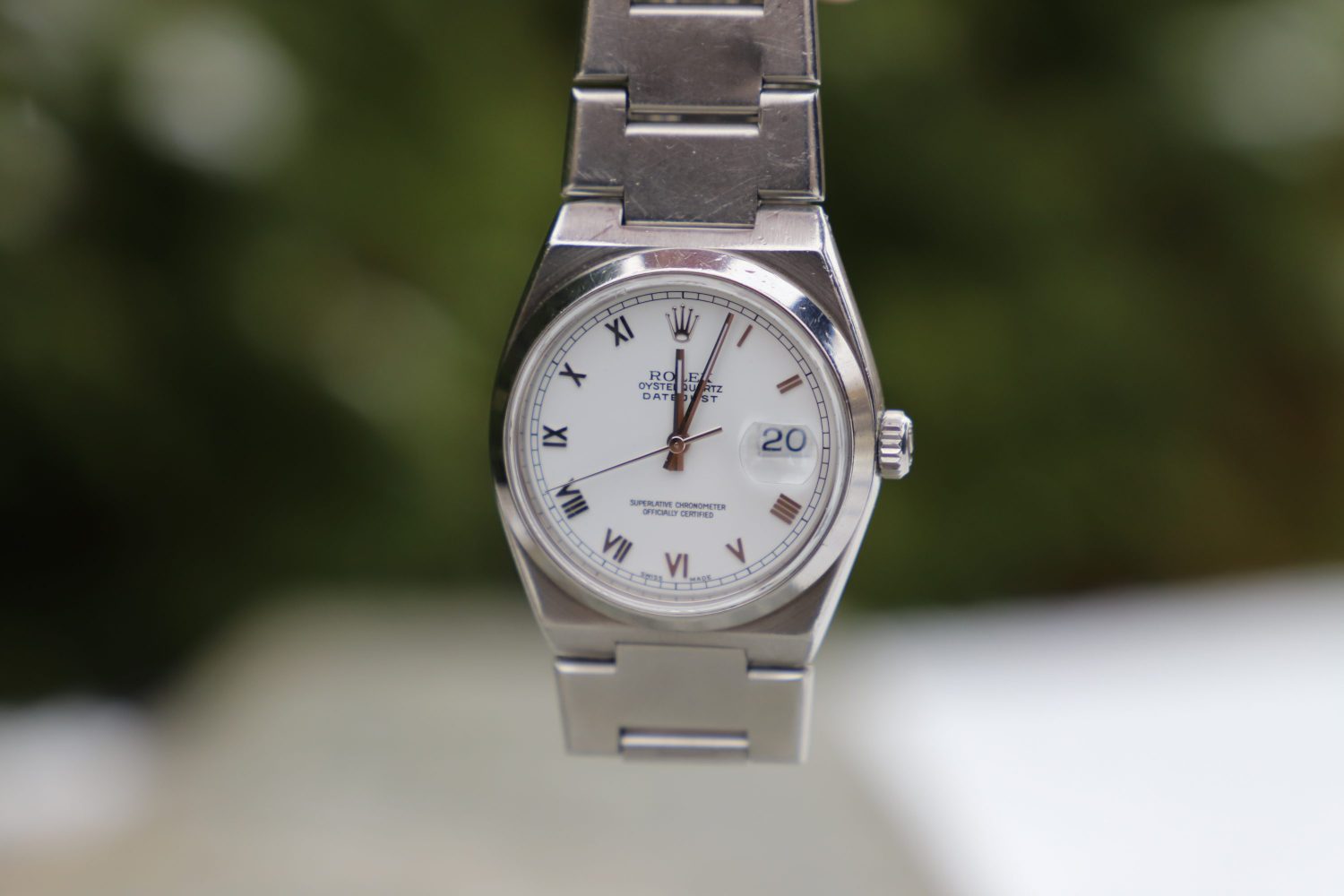
How Long do Watch Batteries Last? [Complete Guide]
Wristwatches come in many different shapes and forms. But in general, watches are divided into two key categories, quartz and mechanical. Quartz means that the watch is powered by a battery. Mechanical means that the watch is powered by mechanical movements, either hand-wound or automatic.
Mechanical watches are essentially perpetual as they can, at least in theory, last forever as long as they are manually wound (in the case of a hand-wound watch), or worn consistently (in the case of an automatic watch) so that it has enough energy to function. The caveat is of course that mechanical watches occasionally need to be serviced to function properly and accurately.
Since quartz watches are powered by batteries, they will eventually run out of energy. And like all batteries, they will need to be replaced.
But how long do watch batteries last? And can you do something so that the battery lasts longer in your watch?
The answer is that it depends on a number of different factors, but as a general rule, watch batteries last between 2 to 5 years.
The lifetime of a watch battery factors that come into play
There are numerous factors that affect how long a watch battery lasts. Just like the battery life in an electric car can vary greatly, the same can be applied to quartz watches. The key factors that affect how long a watch battery lasts include:
- The type of watch
- The functions and features of the watch
- The type of battery used
The single most important factor that affects the battery life of a watch is its functions and how it is used. For example, if the watch has a light-up dial that you use frequently, it will consume more energy and thus make the battery run out of energy faster. Moreover, functions such as a chronograph will require energy to run and thus shorten the battery life. Watches without any additional functions other than the time will require less energy to function and thus last longer.
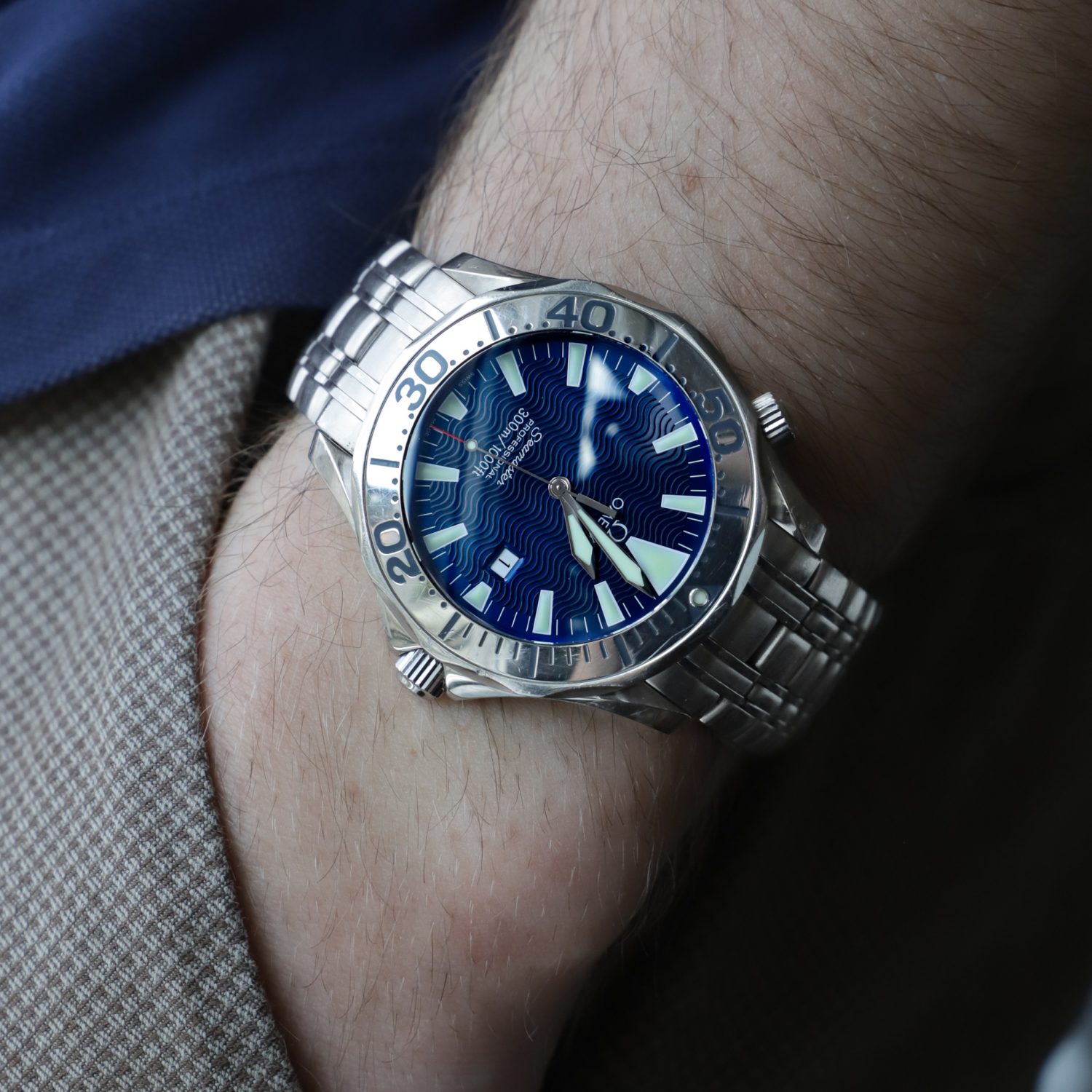
The type of battery used
Different quartz watches use different types of batteries. In some cases, quartz watches are not limited to one type of battery, meaning that you may in some cases be able to extend the battery life of the watch by changing to a different battery.
Most quartz watches usea 1.55V silver oxide battery but they may also use solar power for the battery, or speciallithium-iodine batteries which, in some cases, have a theoretical lifespan of up to 10 years. As such, the span of 2-5 years is only general and can be both shorter and longer depending on these factors.
How to know when your quartz watch runs out of energy
The most common way that people find out that the battery in their quartz watch has run out of energy is that it stops. This is the easiest and most surefire way to tell that you need to change the battery.
However, some watches are equipped with power reserve indicators on the dial which show the current energy level of the battery. The visible power reserve indicator is more common
Another function that some quartz watches use is a so-called end-of-life indicator. When the battery runs low, the seconds hand will jump in intervals of several seconds at a time, indicating that it is time to change the battery.

How to extend watch battery life
There are different ways that you can extend the battery life of your watch. The first is to not use the other and additional functions in your timepiece such as the chronograph function or a light-up watch dial.
Moreover, extreme temperatures can also affect the life length of any battery. As such, extreme cold or extreme heat can have a negative effect on how long your watch battery life lasts. Its therefore important to keep your watch away from these temperatures if you want to protect them from these conditions.
Quartz solar watches and batteries
Some quartz watches are equipped with solar technology. What this means is that the watch has solar panels behind the dial which capture solar and ambient light. In turn, the light is converted into energy for the battery. Solar watches can therefore last a really long time as long as the watch is subject to light. When solar watches are not exposed to light, the battery usually lasts for about 6 to 9 months. But quartz solar watches do offer some great practicality in the sense that you dont need to change the battery as often as long as you wear the watch in environments where there is light.

The quality of the battery
The quality of the battery will naturally affect its life length. Some batteries are cheaper and less qualitative than others. And as such, you can expect them to have a shorter life length. Its therefore worth paying slightly more for a premium battery that has a longer life length because the difference in price is not that huge. Watch batteries are still affordable to buy and only cost a few dollars at most.
If you change the battery of your watch at a watchmaker, they usually provide a 12-month warranty that guarantees that the battery lasts that long.
As mentioned, some quartz watches use Lithium-Ion batteries and these are designed to last much longer than conventional batteries. Lithium-Ion batteries are normally found in digital quartz watches with multiple functions that require that extra power for all of their functions. In general, Lithium-Ion batteries are expected to last 5 years or more.
My watch battery stops working after a short period of time
If you have just changed your battery and the watch stops working after a short period of time, there may be different reasons for this.
The first potential reason is that your battery was faulty and doesnt work the way it is intended to. In this case, you will need to replace the battery again. If it proves that the battery was in fact the issue, then it will usually be covered under warranty, assuming you had the battery replaced by a professional watchmaker.
Another potential reason may be that you have installed the wrong battery type. You need to make sure that you have the right battery for your watch. Some watches require different batteries so you need to ensure that you have the right type of battery for your watch.
Lastly, if you are still experiencing problems, it may be due to an issue with your quartz movement. Whilst quartz movement rarely needs to be serviced, it doesnt mean that it may develop issues and need to be repaired in some cases. To determine what the issue may be, the best way is to have a watchmaker inspect it to identify the issue.

How much does it cost to replace a watch battery?
You can either replace your watch battery yourself or have a professional watchmaker do it for you. Replacing the watch battery is an affordable fix and is something that you can do easily at home with the right tools and the correct battery. A watch battery doesnt cost more than a few dollars at most and even less if you buy them in a big pack.
If you decide to change the battery of your watch yourself, you first need to remove the case back. This can be done with the help of case back openers. The type of case back opener you need depends on the watch you have. You can refer to our list of good watch case back openers here.
First, you need to remove the old battery. It is advised to do this with tweezers so as to not damage or make the movement dirty. You can refer to our list of good watchmaking tweezers here.
Once you have removed the old battery, all you need to do is install the new battery and then close the back.
If you dont want to change the battery yourself, you can have a watchmaker do it for you. They will usually charge between 5 and 20 dollars depending on who does it. And they will usually be able to do it within just a matter of minutes. The benefit of having a watchmaker do it is that you know it is done correctly and you usually also have a warranty on the battery.



